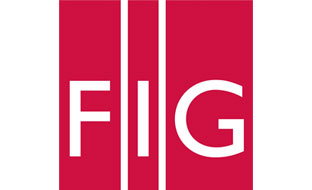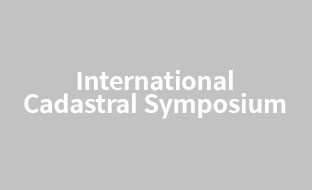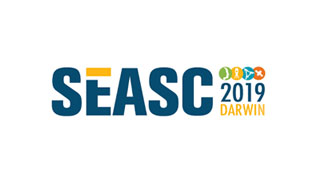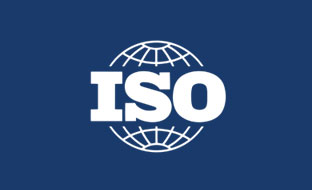International Conference
-
FIG

The International Federation of Surveyors is an international, non-government organization whose purpose is to support international collaboration for the progress of surveying in all fields and applications. FIG was founded in 1878 in Paris and was known as the Fédération Internationale des Géomètres.
This has become anglicized to the International Federation of Surveyors. It is a UN-recognized non-government organization (NGO), representing more than 120 countries throughout the world. LX hosted 2001 FIG Working Week(May 2001) and FIG Commission 7 Annual Meeting(May 2007), and raises the status to a higher level by presenting research results in conferences and dispatching specialist to FIG Office in Denmark.
-
International Cadastral Symposium

The International Cadastral Symposium, composed of Korea, Japan and Taiwan, aims for exchanging information on land(cadastre, research, surveying, etc.), development of cadastral study and advancement of academic and cultural areas. Since its foundation in 1998, the symposium is being held biennially and cadastral organizations from Korea, Taiwan and Japan lead it. LX has been participated the symposium with many papers, and designated as a host country of the 9th symposium, 2014.
-
South East Asian Survey Congress (SEASC)

South East Asian Survey Congress (SEASC) was founded in 1979 to promote surveying development and friendship through information exchange by Malaysia, Singapore and SSSI of Australia. It is held biennially and Eastern Europe and North American countries also participates. LX has been participated in the SEASC for academic and technical advancement and global networking.
-
ISO / TC211

Standardization in the field of digital geographic information - This work aims to establish a structured set of standards for information concerning objects or phenomena that are directly or indirectly associated with a location relative to the Earth.
These standards may specify, for geographic information, methods, tools and services for data management (including definition and description), acquiring, processing, analyzing, accessing, presenting and transferring such data in digital/electronic form between different users, systems and locations.
The work shall link to appropriate standards for information technology and data where possible, and provide a framework for the development of sector-specific applications using geographic data. LX hosted the 36th ISO/TC 211 Plenary & WGs Meeting, and promoted international standards regarding ubiquitous geography and public access on geospatial information.







